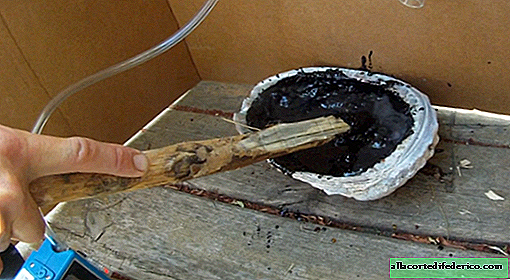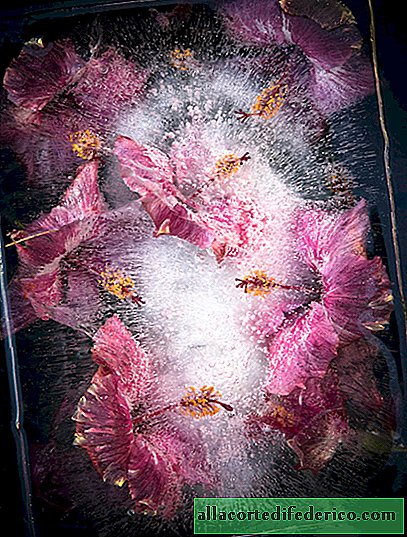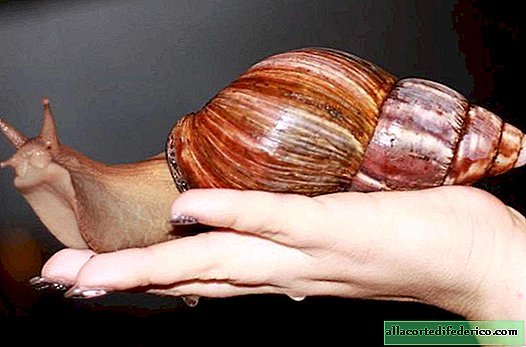Why bottles of ancient Indians are dangerous to health
It is believed that eco-friendly and made by one’s own hands, and even using old technologies, is by definition better and more useful. But this does not always happen. Wicker water bottles, which are created by the traditional method of the native Californian Indians, can cause serious harm to human health. And this happened throughout the time that the Indians used this technology.
Harmful bitumen
What is the danger of ordinary wicker bottles? It's all about a special bitumen - a material that is obtained from oil and with which slots in bottles were smeared. Bitumen consists of polycyclic aromatic hydrocarbons (PAHs) that cause a number of health problems, including cancer, hormonal disorders, organ damage, and developmental disorders. Modern people are usually exposed to PAHs due to burning fossil fuels, processing food, and smoking tobacco.

Archaeological data and ethno-historical records show that bitumen was used by native Californian Indians for various purposes, including as a sealant for water containers, fixing arrowheads, and as material for producing smoke signals. Ancient skeletal remains indicate that Native Californians did suffer from poor health.
An exact copy of antiquities
To confirm their theory of the detrimental effects of ancient technology, researchers produced two types of ancient bottles using traditional Native American methods. One of the bottles was coated with soft bitumen, known as “malak,” which is mined on the ocean shore, and the second was coated with hard bitumen, known as “voco,” commonly found on land.

They approached the matter responsibly: according to historical records, they used a bird bone needle to weave bottles from local soft plants. Before applying bitumen to the surface, it was heated with volcanic pebbles in a special vessel. During the manufacturing process, an air analysis was performed near the workshop, which showed PAH volumes equal to or greater than cigarette smoke.
At the same time, water in such bottles did not become hazardous to health even after two months of storage, but olive oil quickly became infected. That is, storing fatty foods in vessels made in this way was an additional risk factor.

















